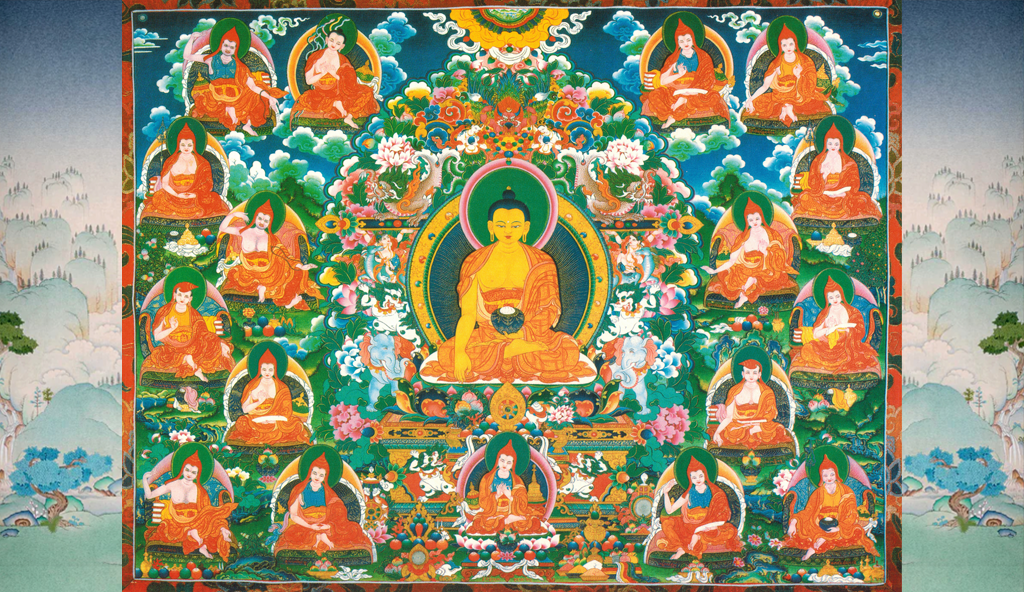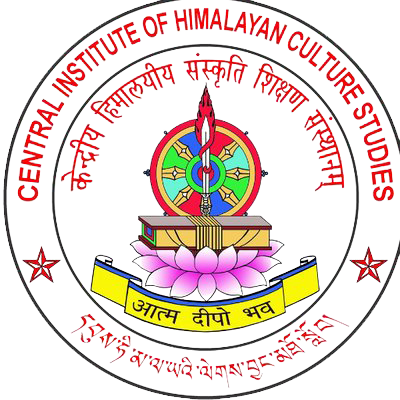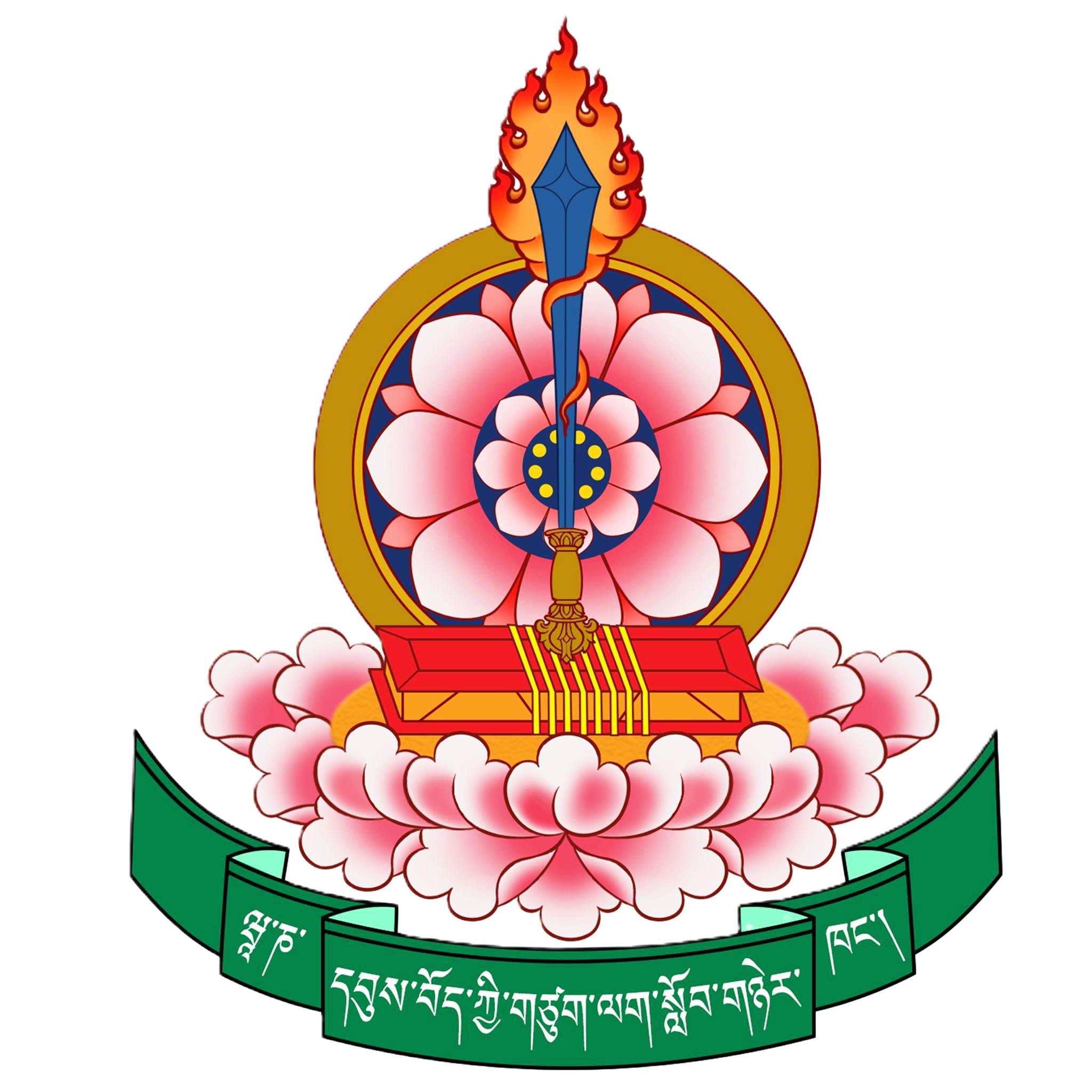DEPARTMENTS
NOTICE BOARD

Department of Mool Shastra
The objective of this department is to preserve and promote Buddhist philosophy as propounded by the Buddhist scholars of Nalanda, imparting Buddhist Philosophy, Nyaya, Psychology, the works of Indian Buddhist seers of the yore like Nagarjuna, Aryadeva, Asanga, Vasubandhu, Chandrakirti, Dignaga, Dharmakirti and many Buddhist Siddhas. The teaching of the Buddhist philosophy is to enable students to understand the true meaning and purpose of life. To help other fellow beings to make this world a better place to live in not only for the humans, but also for all sentient beings. The emphasis is not only on the betterment of one’s own living but also on inculcating the essence of compassion and peace in oneself and to promote it in the world. The educational objectives and pedagogical programmes at this department are addressed to perpetuate the priceless heritage of philosophical thought of such masters at Nalanda as Nagarjuna, Aryadeva, Asanga, Vasubandhu, Candrakirti, Dignaga, Dharmakirti, besides the Buddhist siddhas. Their works are studied as in the traditional scholarship fashion. The students are groomed to inculcate the core of spirituality enshrined in the texts, to understand the meaning and purpose of human life, to help one’s fellows in making the world a better place to live in as also for all sentient beings. The central message is intended to help cultivating compassion and peace in oneself and promoting it in the world as well.
Courses offered by the department are:
- U.G. Shastri (BA) in Baudh Darshan
- P.G. Acharya (MA) in Baudh Darshan
COURSE OUTCOMES:
- U.G. SHASTRI (BA) IN BAUDH DARSHAN
- The students are given intensive training in Indian and Tibetan philosophical branches of epistemology, cognitivism, metaphysics, logic, ontology and phenomenology.
- The analytical teaching-learning experience enables the students to understand and analyse skanddha, ayatana and kham according to Abhidharma schools. The intensive training in the broad areas of sensual perception, the system of cause effects and results enable them to face the world with confidence and rationale.
- They are trained in modes of perception, self-reflexive consciousness, mental direct perception and yogic consciousness and many related fields of study.
- The knowledge of cultivation process of altruistic Bodhi mind according to abhisamayaalankaara and its various commentaries enable the students to seek job opportunities in the various related fields. The concept and system of gotra, contaminated and uncontaminated phenomena, the progressive stages of dhyanas and the four immeasurable are also studied.
- The evolutionary process of cosmic system according to Lower and Upper Abhidharma schools and concept identification provides opportunities to open new vista in the fields of research, teaching, translation and many more emergent fields.
- The philosophical issues related to self, truth, refutation of the philosophical views of the mind only school are read side by side with the analytical observation with respect to the identify of self and various modes of application of reasoning.
- The students having received training in such intensive philosophical domain, will seek opportunities in the fields of higher education and research, translation studies and teaching.
- P.G. ACHARYA(MA) IN BAUDH DARSHAN
- The knowledge of the philosophical argumentation among the three Buddhist schools- vaibhashika, sautankrika and vigyanvada with respect to the external world enables the students to look at the world critically.
- Some of the important chapters of the Mūlamadhyamakakārikā of Acharya Nagarjuna – the elements of the examination of the condition, the self, four noble truths, twelve limbs of dependent origination provides the opportunity to perceive the whole tradition scientifically and intuitively.
- The philosophical views among the Indian philosophical schools in relation to existential self, the system of dependent origination is taught along with the view of the Centrist School (Madhyamika) with respect to the existence of external and internal phenomena, the assertion of the existence of phenomena at the conventional level and phenomenal emptiness.
- The process of the cultivation of the altruistic mind along with the practice of the consciousness, introspection, patience, enthusiasm and concentration is taught at a very advanced level enabling them to seek further job opportunities in the various fields of teaching, research, translation studies and critical writing.

















